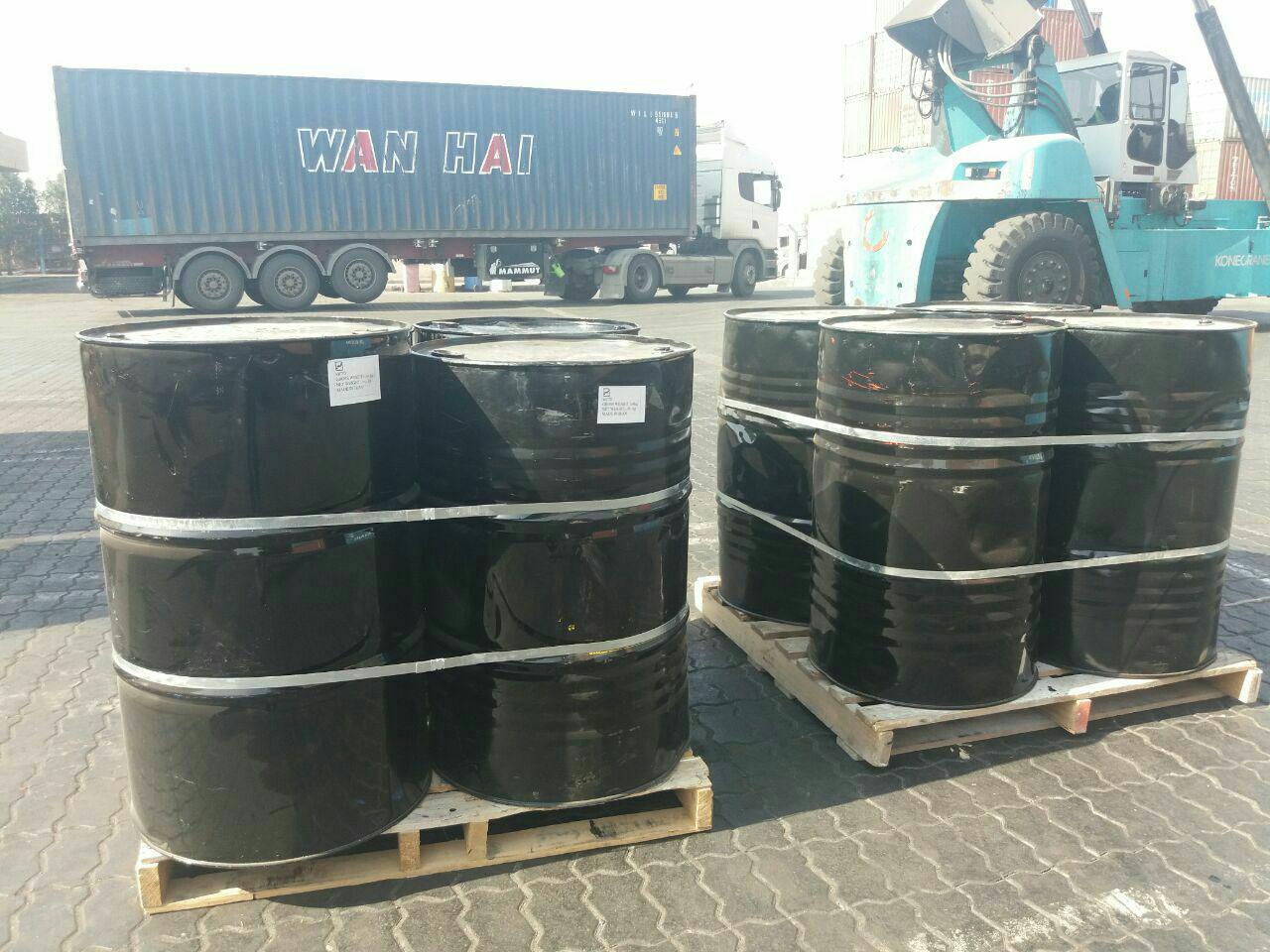
Introduction to VG Bitumen 40
Viscosity Grade (VG) Bitumen 40 is the hardest and most viscous bitumen grade in the VG classification system. It is engineered for extreme climatic conditions and heavy load-bearing roads. Being of higher stiffness and thicker consistency than VG-10, VG-20, or VG-30, VG 40 bitumen has been designed to provide better resistance against rutting, shoving, fatigue cracking, and thermal deformation. It is used primarily on busy roads, container ports, industrial zones, and airport pavements where maximum durability and load carrying capacity are needed.
VG 40 is extensively used in tropical conditions with temperatures up to 45°C. Under such conditions, softer bitumen grades will cause undue rutting or flowing of the asphalt road surface. The higher stiffness of VG 40 makes it the most suitable for expressways, highways, bus routes, and heavy-duty parking lots.
Applications of VG Bitumen 40
VG 40 Bitumen can be used in high-performance paving and water-proofing application. Its prime applications are:
1. National Highways and Expressways
VG 40 has extensive usage in the construction of national highways and expressways where high traffic and cargo volumes are witnessed. Its high viscosity does not cause significant deformation upon repeated stress.
2. Industrial Roadways and Container Yards
Industrial highway and container yard facilities are subject to heavy loads and slow-moving traffic. VG 40 hardness resists excessive track formation and surface wear even under multi-axle truck loading.
3. Airports Runways and Taxiways
Airports require very stable pavements to withstand aircraft loading during takeoffs and landings. VG 40 provides maximum rutting resistance and temperature stability and hence is ideal for such uses.
4. Bridge Deck Waterproofing
VG 40 can also be used in membrane waterproofing system of bridge decks in order to prevent water seepage, thus increasing the life of concrete structures.
5. High-Temperature Asphalt Mixes
VG 40 for hot weather regions maintains surface integrity by resisting bleeding, softening, and flowing. It contributes to long road life in the tropics and deserts.
These characteristics are tested as per ASTM and IS guidelines to ensure standard performance and global compatibility.
Advantages of VG Bitumen 40
VG Bitumen 40 offers superior performance with high rutting resistance, ideal for heavy and static loads, and exceptional durability against weathering, UV aging, and water. It excels in hot and tropical climates, ensures better load distribution to prevent fatigue cracking, and provides strong adhesion for mixture integrity.
Its long-term cost savings stem from reduced maintenance, while its versatility allows modification with polymers or rubber for specific needs. Additionally, it supports eco-friendly construction by being compatible with Reclaimed Asphalt Pavement (RAP).
Safety Measures While Using VG Bitumen 40
Although VG 40 Bitumen itself is very good for paving and industrial applications, safe handling is required. Adequate personal protective gear (PPE) of gloves, safety glasses, heat-resistant clothes, and boots must always be used. Since fumes of bitumen can be hazardous, suitable ventilation must be provided while heating or using it in order to avoid inhalation.
Also to be monitored is the heat temperature and never above recommended temperatures (typically below 180°C), for fear of fire risk or deterioration of the bitumen. When in transit, VG 40 has to be shipped within locked, authorized containers such as insulated tankers or hot liquid drums.
Packing & Supply Options
VG Bitumen 40 is available in different packaging forms to suit different logistical and project needs:
New Steel Drums – Net 180 kg
Bitubag (Jumbo Bag) – 375 kg
Bulk ISO Tanker Shipments
Bulk Flexi Bag Shipments
Bulk Vessel Shipments – Suitable for bulk infrastructure projects
All packaging forms ensure safe handling, ease of loading/unloading, and international shipping regulation compliance.
Why Choose Us?
We are a reliable provider of viscosity grade bitumen known for quality, reliability, and timely delivery. Our VG Bitumen 40 is thoroughly tested in certified laboratories to ASTM D2171, IS 73, and other global standards. We offer:
Customizable packaging and shipping facilities
Wholesale prices for bulk purchases
Technical assistance and material certification
Custom solutions for mega-scale infrastructure projects
24/7 customer service to coordinate logistics
From building expressways, airports, and industrial facilities, our VG 40 bitumen offers unmatched performance.
Specification of VG BITUMEN 40
| Specification | Unit | Value | Test Method |
|---|---|---|---|
| Absolute Viscosity, at 60 ◦C | Poise | Min 3200 | ASTM D4402 |
| Kinematic Viscosity, at 135 ◦C | CST | Min 400 | ASTM D2170 |
| Flash Point | ◦C | Min 220 | ASTM D93 |
| Solubility in Trichloroethylene | %WT | Min 99 | ASTM D2042 |
| Penetration Value, at 25 ◦C | 0.1mm | 40-60 | ASTM D5 |
| Softening Point | ◦C | Min 25 | ASTM D36 |
| Viscosity Ratio, at 60 ◦C | ◦C | Max 4 | ASTM D4402 |
| Ductility at 25 ◦C, after thin film oven test | Cm | Min 25 | ASTM D113 |

